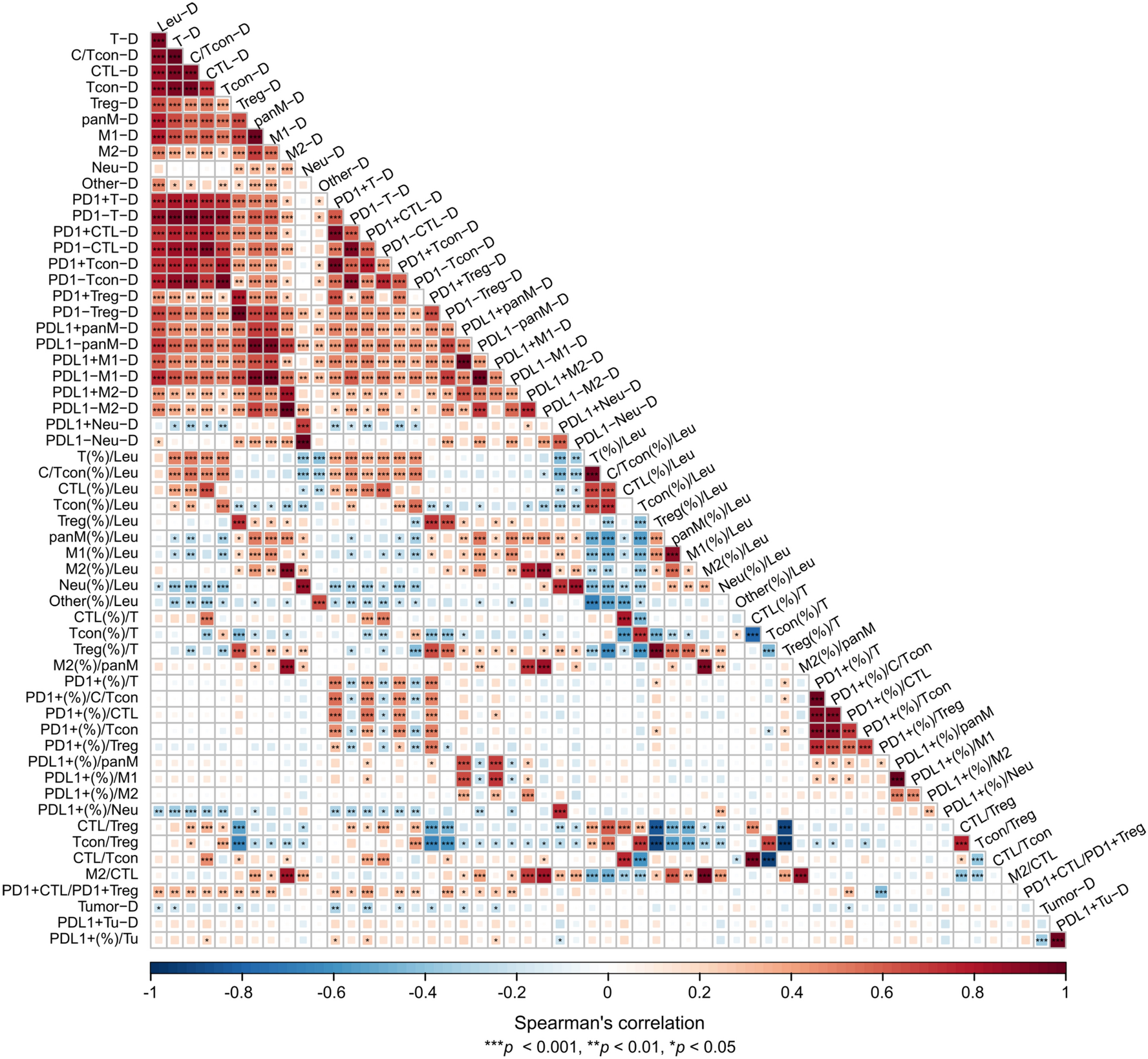2025-03-30 東京大学
<関連情報>
- https://www.u-tokyo.ac.jp/content/400260526.pdf
- https://www.sciencedirect.com/science/article/pii/S0195666325001217?via%3Dihub
食事の質と一般的肥満および腹部肥満との関連における食物リテラシーと摂食動機: 横断的研究 Food literacy and eating motivation in relation to diet quality and general and abdominal obesity: A cross-sectional study
Kentaro Murakami, Nana Shinozaki, M. Barbara E. Livingstone, Shizuko Masayasu, Satoshi Sasaki
Appetite Available online: 13 March 2025
DOI:https://doi.org/10.1016/j.appet.2025.107968

Abstract
This cross-sectional study aimed to investigate the associations of food literacy and eating motivation with diet quality and obesity. Participants were 1055 Japanese adults aged 20–69 years. The self-perceived food literacy scale was used to assess food literacy (food preparation skills, resilience and resistance, healthy snack styles, social and conscious eating, examining food labels, daily food planning, healthy budgeting, and healthy food stockpiling). The Eating Motivation Survey was used to assess eating motives (liking, habits, need and hunger, health, convenience, pleasure, traditional eating, natural concerns, sociability, price, visual appeal, weight control, affect regulation, social norms, and social image). Diet quality (Healthy Eating Index-2020) was assessed based on 4-day weighed dietary records. After adjustment for potential confounders, higher scores for food preparation skills (β 0.64), healthy snack styles (β 1.62), examining food labels (β 0.72), healthy budgeting (β 0.71), and natural concerns motive (β 0.75) and lower scores for convenience (β -0.45) and pleasure (β -0.62) motives were significantly associated with a higher diet quality. In contrast, higher scores for liking (odds ratio (OR) 1.32) and weight control (OR 1.19) motives and lower scores for resilience and resistance (OR 0.76), daily food planning (OR 0.84), and health motive (OR 0.67) were significantly associated with a higher prevalence of abdominal obesity (waist circumference ≥90 cm for males; ≥80 cm for females); all of these variables (except for daily food planning) were also associated with general obesity (body mass index ≥25 kg/m2). In conclusion, the food literacy domains and eating motives associated with diet quality differed from those associated with obesity. The findings have important implications for effective strategies to improve diet quality and combat the obesity epidemic.

